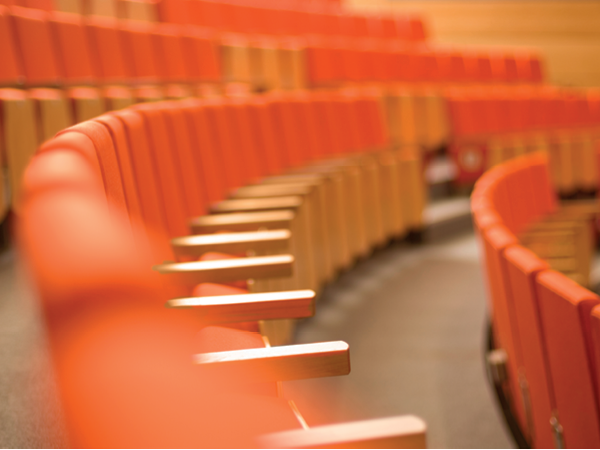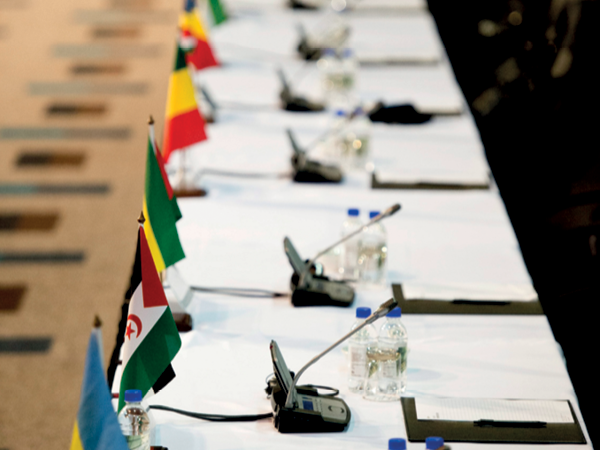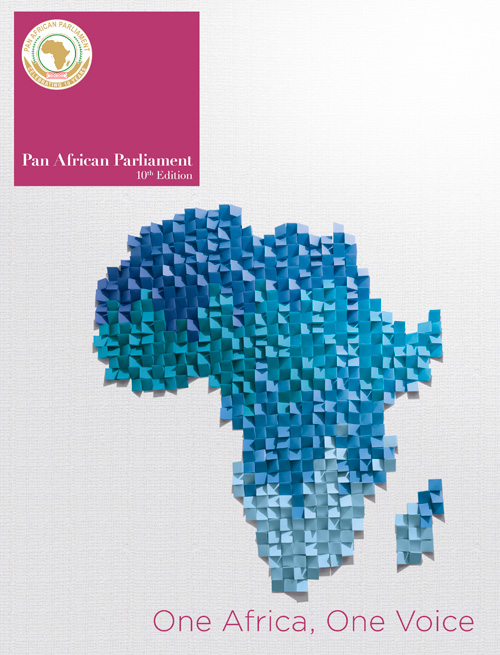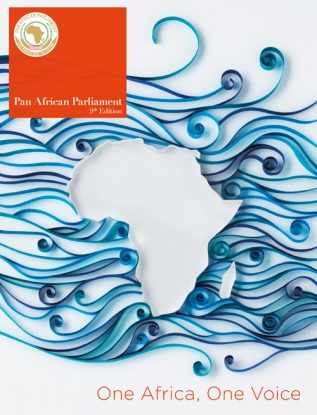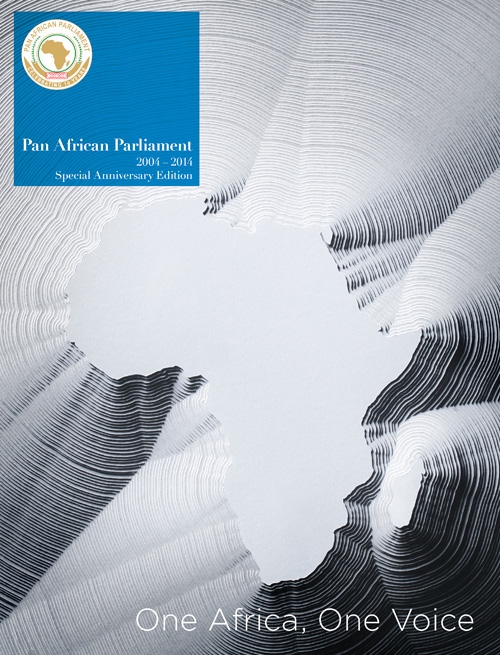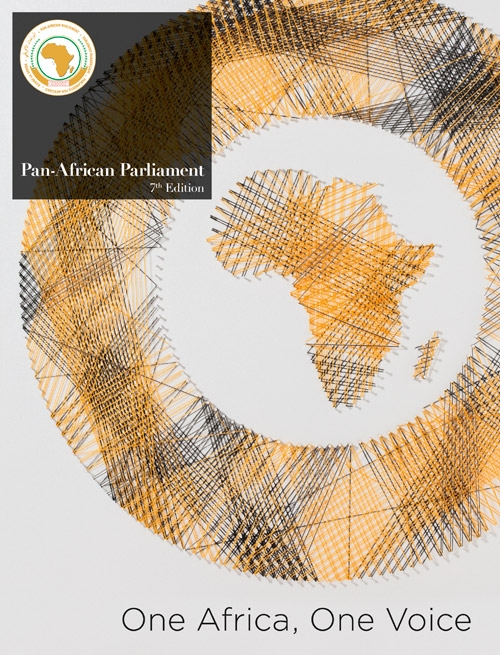
Africa’s relationship with Europe has come a long way since the British negotiated a deal to hand over a thin sliver of African land to the German Chancellor Leo von Caprivi. In exchange for what would become the Caprivi Strip, the Germans gave up their interests in Zanzibar – no matter that in order to give Von Caprivi access to the Zambezi, the new borders cut through at least five different indigenous groups.
One need not even go back to 1890 to find an unequal partnership between Africa and the world – even 100 years later the structural adjustment programmes of the 1990s with the accompanying political conditionalities were a clear indication that the global north still thought they knew what was best for us. But today?
According to the World Bank, in 2012 and 2013 Europe’s economies contracted, with an average growth rate of 0.4% and 0.1% respectively. Meanwhile, sub-Saharan Africa’s expanded by 3.7% in 2012 and 4.7% in 2013. African leaders have become the focus of attention – a leaked French strategy document purportedly drawn up by two senators declared ‘L’Afrique est notre avenir’ (Africa is our future). US President Barack Obama has been a-wooing (the first US Africa Leaders Summit was held in August) and the recent EU-Africa Summit – with the theme Investing In People, Prosperity And Peace – saw a road map being adopted for 2014 to 2017 in what the EU stressed will be a ‘partnership of equals’.
The Joint Africa-EU Strategy (JAES) was adopted in 2007 and outlined eight key areas for greater co-operation including peace and security, energy, climate change and migration. But it’s Africa’s economic growth that is redefining the relationship between the two continents, according to Koffi Kouakou, Africa analyst at the Wits School of Governance in Johannesburg.
‘It is reshaping the relationship between Africa and Europe, but it hasn’t given the African Union the necess-ary leverage to really stand as a complete bloc and face Europe. At the moment, the one driving force making that happen is China,’ he says.
Like many African countries, Malawi is exploring new friendships with emerging global powers and, despite that up to 40% of the country’s budget comes from donor aid, newly elected President Peter Mutharika used his inaugural address to outline the new reality that many of Africa’s established partners are facing on the continent. ‘We will continue with traditional relationships, but we are now looking for new friends in emerging economies such as Brazil, China, India, South Africa and Russia,’ he said.
The RECP is an example of greater co-operation between the EU and Africa, creating a win-win situation
The recent decision by the BRICS countries to establish the New Development Bank is set to be a game-changer for Africa. The bank will set up US$100 billion in contingency reserves that African countries can draw on, providing an alternative to World Bank funding.
However, although there is still much debate about the wisdom of African countries opening their arms (and their markets) to European businesses, the EU is hoping that their economic proposals in the form of economic partnership agreements (EPAs) will prove enticing.
Preferential trade agreements have been in place since the early 2000s with the signing of the Cotonou Agreement, but the EU has recently been pushing to replace these with regional EPAs, which would give African countries unfettered access to European markets while allowing them to incrementally open their own markets to EU imports.
It’s an idea that sounds relatively uncontroversial at first glance, at least for African countries, but the issue has created fierce debate particularly in West Africa.
Exports from West African countries to the EU currently sit at EUR42 billion, with EUR30 billion going in the other direction. The EU claims the recent signing of an EPA with West Africa will increase exports from Africa but critics have warned that the EPAs are likely to force African markets open to European products, destroying the burgeoning manufacturing industries in most countries while providing African businesses with opportunities that they are simply not in a position to capitalise on.
However, while the EPAs remain controversial, there are areas of co-operation with Europe where Africa can undoubtedly benefit. In terms of peace and security, the EU leads the way ahead of Africa’s other suitors.
As part of the African Peace Facility, the EU had committed EUR750 million between 2014 and 2016 to fund the prevention, management and resolution of conflicts in Africa. Part of these funds will also continue to support missions such as the AU Mission in Somalia and African-led International Support Mission in the Central African Republic.
The JAES also highlights energy and climate change as other key issues. The Renewable Energy Co-operation Programme (RECP) is an example of greater co-operation between the EU and Africa, creating a win-win situation – African countries benefit by creating the framework to encourage investment in green-energy projects while European companies benefit from new opportunities in a better-regulated business environment.
Electrification rates in Africa are low. In 2011, on average only 30% of households in SADC countries had access to electricity, with some countries’ access as low as 3%. At this stage many RECP projects take place in the form of policy advisory services. One in The Gambia, for instance, involved RECP assisting the Ministry of Energy to develop the country’s Electricity Strategy and Action/Investment Plan which, among other things, set feed-in tariffs and standardised power purchase agreements with private- sector renewable energy producers.
Another ambitious project that the RECP is assisting with is the development of geothermal energy in East Africa. The Rwandan government has an ambitious plan to generate 310 MW of power from geothermal energy by 2017. The RECP was asked to assist with drawing together the technical, legal, regulatory and financial aspects of the project and is also providing advice on how to develop the project commercially.
One of the encouraging indications to come out of the Africa-EU Summit is that there are some thorny issues that both sides need to tackle. In the wake of the tragic shipwreck off Lampedusa in October 2013 that claimed the lives of over 300 African migrants, both AU and EU leaders have committed to address migration concerns.
On the other end of the spectrum, tax-related issues are usually not headline-grabbers but one of the key areas identified at the meeting of the EU Parliament and the PAP ahead of the Africa-EU Summit was the need to ‘combat tax evasion, tax avoidance and illicit financial flows’ that cost African economies dearly.
In 2012, the IMF and the G20 acknowledged the dire effect that illicit money, tax evasion and tax avoidance has on international development. The problem is that research shows that much of this illicit money makes its way through European bank accounts, assisted by opaque laws and regulations in EU countries such as Luxembourg, Ireland and the UK. ‘The best available research suggests that the net losses from illicit flows amount to US$944 billion between 1970 and 2008,’ says John Christensen, director of the Tax Justice Network. ‘That sum outweighs by a factor of over five to one the total of outstanding public debt of the entire continent. Had those flows been invested in Africa, rather than stashed offshore in private accounts and secretive companies in tax havens, Africa’s development would have been far ahead of where it is now.’
One factor hampering negotiations in this area is that changing tax policies in the EU requires unanimous support from all members, and countries that benefit from these arrangements tend to veto any proposal that looks too progressive.
But thanks to organisations such as the Tax Justice Network and the African Tax Administrators Forum, issues that have been ignored as inconvenient truths are now being re-examined. In a future where Africa is treated as an equal, that’s an important first step.
By Susan Comrie
Images: Sturti/Gallo/GettyImages and Cornel van Heerden/Gallo Images


